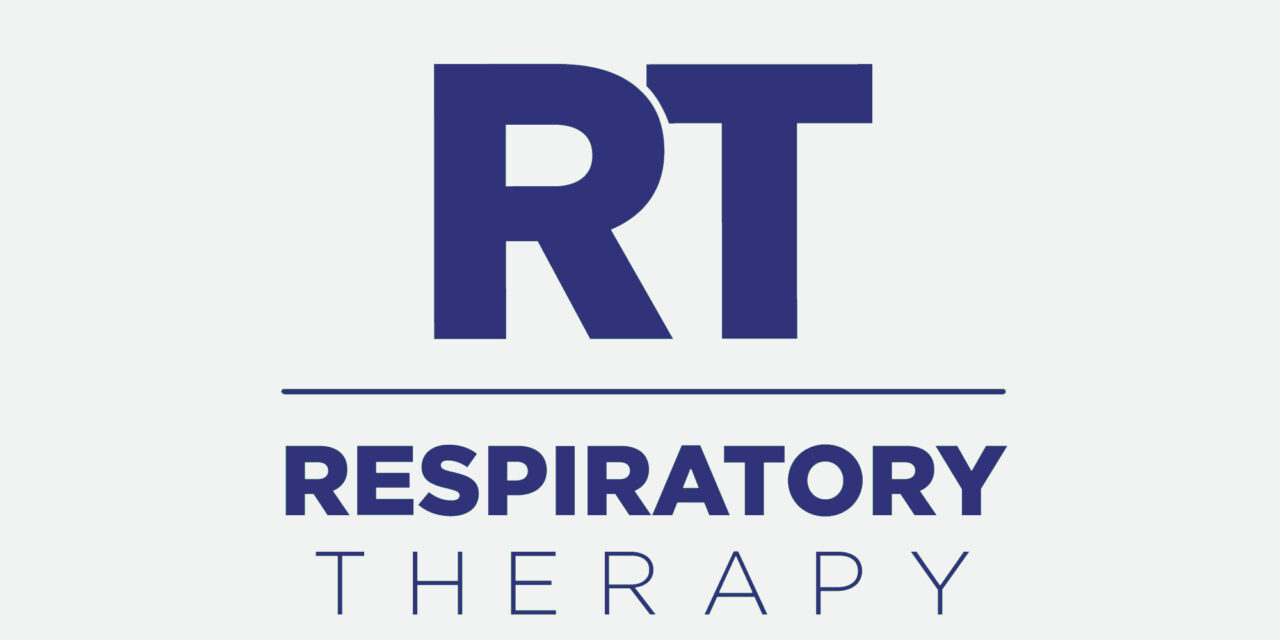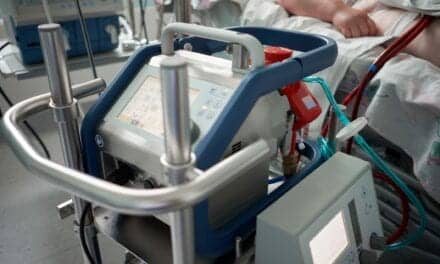For the 12th year in a row, US News & World Report named National Jewish Health, Denver, the best respiratory hospital in the nation.
The hospital ranking is based on various care-related factors, such as nursing and patient services. Additionally, board-certified pulmonologists from around the country mentioned National Jewish Health more often than any other hospital when asked to name the best respiratory hospitals in the nation.
“We are gratified that board-certified pulmonologists around the country continue to recognize National Jewish Health as the best place in the nation for respiratory care,” said Michael Salem, MD, president and chief executive officer of National Jewish Health. “Even in these difficult times, we are seeing more patients than ever, providing more charity care, and adding more services to help our patients.
“As the nation debates comprehensive healthcare reform, we believe that coordinated care among healthcare professionals, and the practical implementation of preventive and personalized medicine, will provide patients with the best, most comprehensive care possible.” said Salem in an announcement about the ranking. “These are already strengths of National Jewish Health, and we are working to improve and expand them.”
Over the past 2 years, National Jewish Health has added services in interventional pulmonology, diagnosis and staging of lung cancer, cardiology, gastroenterology, weight management, critical care, hospital medicine, and expanded diagnostic laboratory testing. It recently opened its Minimally Invasive Diagnostic Center, Institute for Advanced Biomedical Imaging®, Center for Genetics and Therapeutics, and Integrated Bioinformation and Specimen Center.
Lung Association and CHEST Foundation Partner to Award $80,000 Asthma Research Grant
The American Lung Association (ALA) and The CHEST Foundation are partnering to award a 2-year research grant valued at $40,000 annually to further asthma research. The deadline to apply is October 21, 2009, and awards will be announced in April 2010.
“We’re pleased to partner with another organization equally dedicated to improving the care of people living with asthma,” said Charles D. Connor, ALA president and chief executive officer, in an announcement of the grant. “Together, through our shared strength, we will seek practice-changing scientific innovations by supporting one of the research community’s best and brightest investigators.”
“Our continuing partnership with the American Lung Association reinforces The CHEST Foundation’s commitment to lung health and patient-focused care,” said John C. Alexander, Jr, MD, FCCP, president of The CHEST Foundation. “It is our hope that the Asthma Clinical Care Research Grant will enable physicians to further important research in clinical asthma care and, ultimately, lead to improved patient care for those living with asthma.”
Applicants must have the following to be eligible:
- a doctoral degree;
- an assured faculty appointment with demonstrated institutional commitment, including start-up funds and research space by the start of the award; and
- completion of 2 years of postdoctoral research training.
Application materials are available at (https://proposalcentral.altum.com). The ALA and The CHEST Foundation strongly advise that applicants first read through the program descriptions to determine complete eligibility and to ensure accurate preparation of the application.
All applications will be reviewed for scientific merit, innovation, and feasibility of the research plan in addition to its relevance to the mission of the American Lung Association. Funding is contingent on the quality of applications received.
CF Medications May Have an Additional Long-Term Benefit
A new study suggests that cystic fibrosis (CF) medications may carry an unexpected long-term benefit. The research from the University of Edinburgh shows that these medications may make lung infections less harmful in the long run.
Investigators from the university studied the way bacteria that infect the lungs of patients with CF gather nutrients from their surroundings. This builds on the knowledge that most bacteria cooperate to scavenge what they need from their environment, but some bacteria do not actively hunt; instead, they steal nutrients from neighboring bacteria.
The study found that the cooperating type of bacteria is most common in a viscous environment similar to thick mucus. However, in a more liquid environment, similar to mucus having been broken down by medicine, the number of thieving bacteria increases, eventually outnumbering the scavenging type. Because the thieving bacteria are less skillful at obtaining food, the bacterial growth slows down in this more liquid environment.
These results suggest that liquefying lung mucus may limit the impact of infection in CF.
“Treating cystic fibrosis patients with drugs that clear their lungs delivers short-term relief for the patient, but may have long-term health benefits too. We hope that our findings will underline the need for treatments that target mucus in the lungs,” said lead researcher Rolf Kuemmerli, PhD, in an announcement about the findings.
Source: EurekAlert
Alpha-1 Foundation to Honor One of Its Own
The Alpha-1 Foundation will present a lifetime achievement award to Gordon L. Snider, MD, at a luncheon in his honor on October 23 in Boston.
Snider is a former president of the American Thoracic Society, head of pulmonary at Boston University School of Medicine for 18 years, and chief of the medical service at the Boston Veterans Affairs Medical Center. Much of his career as a medical researcher has been focused on the underlying causes of COPD.
Snider is a former Alpha-1 Foundation board member and is currently a member of the foundation’s Medical and Scientific Advisory Committee.









